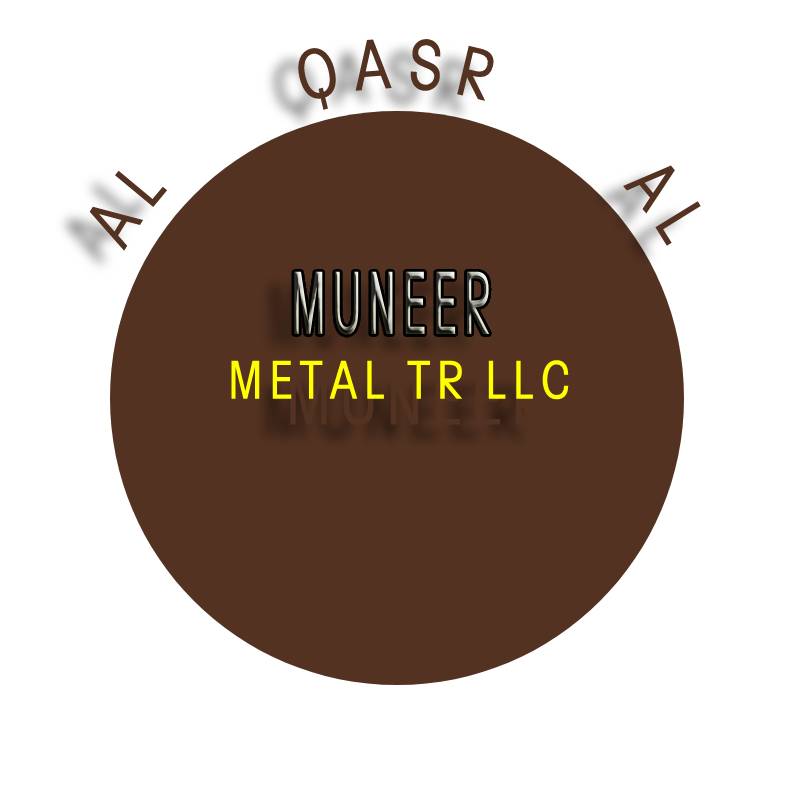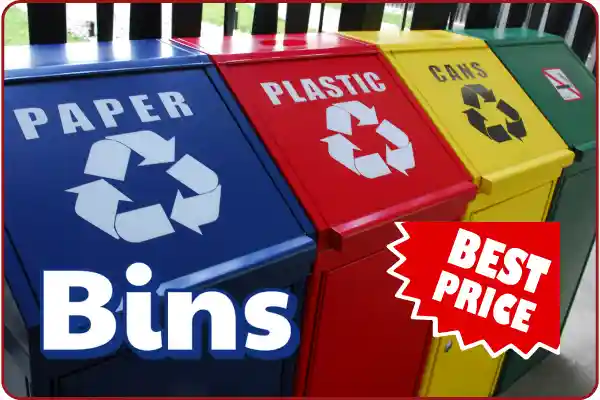RMS: Recycled Material Standard Certification
Recycled Material Standard certification is a globally recognized accreditation that verifies the authenticity and traceability of recycled content in products. Administered by GreenBlue, a NGO focused on advancing sustainable material management, the certification ensures that products labeled as containing recycled materials meet strict quality and traceability standards.
What is RMS
RMS meaning Recycled Material Standard. It is designed to build consumer confidence in products claiming to contain recycled content. RMS full form is Recycled Material Standard, By providing transparent and verifiable information, it supports sustainable production practices and promotes the use of high-quality recycled metals material.
Why Recycled Material Standard Certification Matters
With the increasing global demand for sustainable and eco friendly products, it is becoming crucial for businesses involved in recycling and manufacturing. Certification helps companies demonstrate their commitment to sustainability, giving consumers confidence that the products they purchase contain genuine, traceable recycled content.
Industries such as packaging, consumer goods, and manufacturing are increasingly adopting this certification to meet regulatory requirements and align with consumer expectations. This certification not only helps reduce environmental impact but also strengthens brand reputation by aligning with circular economy principles.
How Recycled Material Standard Certification is Earned
Achieving this certification requires adherence to a comprehensive and systematic process. The certification is awarded after rigorous evaluations and audits, which include the following key steps:
- Material Traceability: Companies must demonstrate the ability to trace recycled material from its origin to the final product. This involves keeping records of where and how recycled materials are sourced, processed, and utilized.
- Supply Chain Verification: Companies are required to conduct thorough audits at each stage of the supply chain. This ensures that every step in the recycling and manufacturing process complies with RMS guidelines.
- Compliance with Quality Standards: The recycled content must meet specific standards for quality and usability. Products must be tested to confirm their recycled composition and performance.
- Certification Audits: GreenBlue conducts independent, third-party audits to verify the authenticity and accuracy of the company’s claims. These audits ensure that the recycled materials used are accurately documented and traced throughout the production cycle.
- Continuous Monitoring and Re-certification: To maintain certification, companies must regularly update their processes and comply with ongoing monitoring. This ensures that the quality and traceability standards are consistently upheld.
An Example of RMS Certification: Nova Chemicals Corp.
One notable example of achieving this certification is Nova Chemicals Corp., which received the certification for its Syndigo1 facility in Connersville, Indiana. The facility recycles polyethylene film collected from retail and distribution centers into postconsumer recycled content.
Nova Chemicals’ Syndigo1 facility underwent a rigorous certification process, including multiple audits and verifications of the feedstock and supply chain. The RMS certification confirms that the recycled PE produced at this facility is composed entirely of postconsumer recycled content, meeting the high standards set by GreenBlue.
The facility, operated by Novolex, transforms PE film into linear low-density PE (LLDPE) resin pellets, which are then used in both food and non-food packaging. Achieving Recycled material standard certification not only supports Nova Chemicals’ sustainability goals but also assures customers of the quality and authenticity of the recycled product.
Importance of Certification in Recycling
Recycled Material Standard certification is a vital tool for businesses committed to sustainability. In the recycling industry, particularly in the production of plastic resins, it addresses key challenges such as:
- Building Consumer Trust: Certification confirms that recycled materials are traceable, authentic, and meet quality standards, thereby building consumer confidence.
- Enhancing Market Competitiveness: Businesses with this certification are perceived as more credible and responsible, making their products more appealing to environmentally conscious consumers.
- Supporting Circular Economy Initiatives: RMS certification aligns with global efforts to reduce plastic waste and promote recycling, helping companies meet environmental goals.
- Compliance with Regulations: Governments and industry bodies increasingly mandate certification to ensure the quality and traceability of recycled materials.
Recycled Material Standard Certification: A Global Perspective
It is not just limited to the United States. Its global adoption is on the rise as companies worldwide seek to verify the authenticity of recycled materials. In Europe, Asia, and the Middle East, manufacturers are increasingly pursuing RMS to align with international standards for sustainable production.
How UAE-Based Recyclers Can Achieve Recycled Material Standard Certification
In the UAE, the recycling industry is growing as the country emphasizes sustainability. To achieve the certification, UAE-based recyclers should:
- Adopt Robust Traceability Practices: Develop systems that document the origin and movement of recycled materials throughout the supply chain.
- Partner with Certified Suppliers: Source recycled feedstock from reputable suppliers with verified processes to ensure authenticity.
- Implement Quality Control Measures: Regularly test and validate recycled content to meet quality standards.
- Engage with Certification Bodies: Work with GreenBlue or similar organizations to understand the certification requirements and prepare for audits.
- Train Staff on Compliance: Educate team members on RMS standards, record-keeping practices, and the importance of maintaining certification.
The Future of Recycled Material Standard Certification
As sustainability becomes a priority for both consumers and businesses, this certificate will likely become a standard practice across industries. Companies that proactively adopt RMS not only contribute to environmental preservation but also enhance their brand image and consumer loyalty.
In the UAE, achieving this certificate can position recyclers as leaders in the sustainable material industry, helping them attract new business opportunities and meet evolving environmental regulations.
Final Thoughts
Earning the certification requires commitment, transparency, and dedication to quality. As more consumers demand sustainable products, certified companies will stand out as trusted leaders.
UAE-based recyclers, by adopting global best practices and achieving Recycled Material Standard certification, can significantly contribute to the nation’s vision of a greener and more sustainable future.

